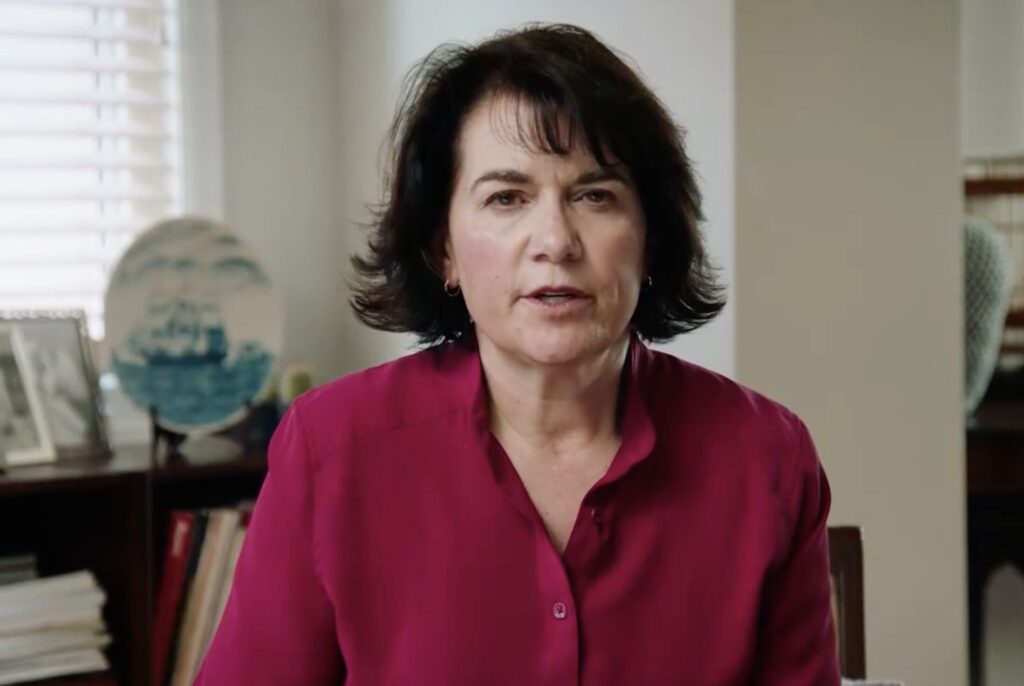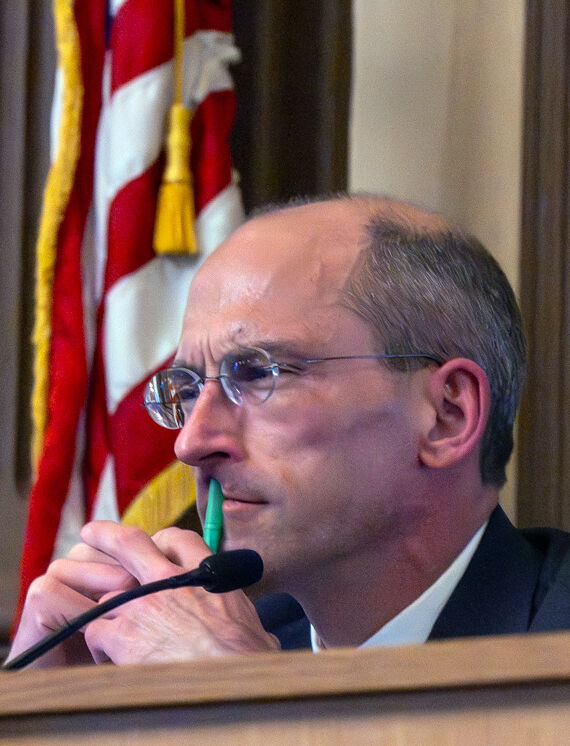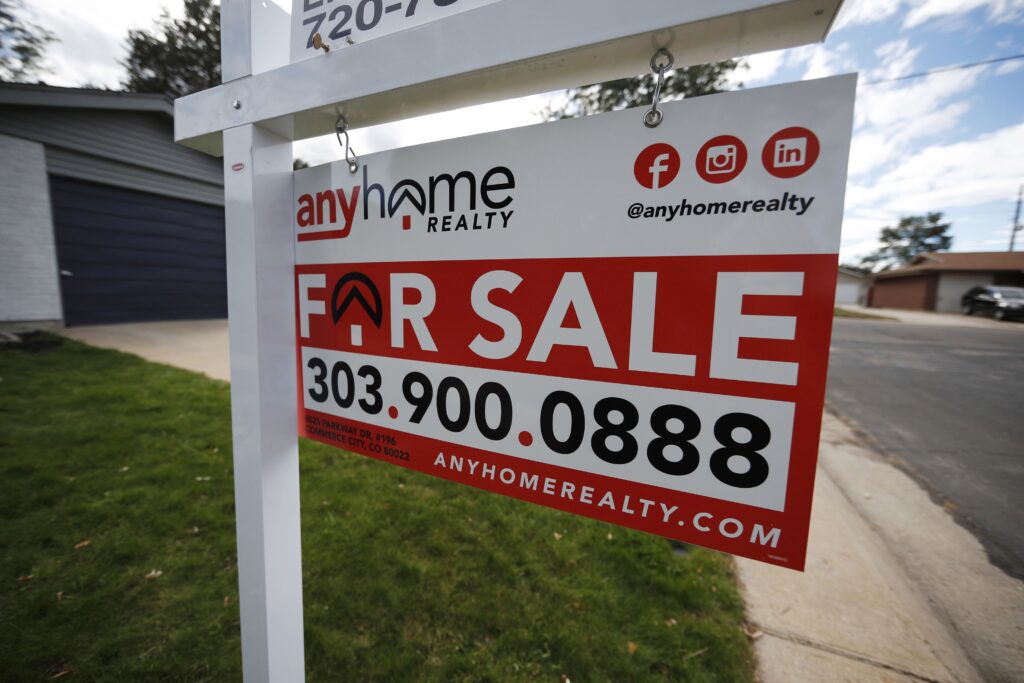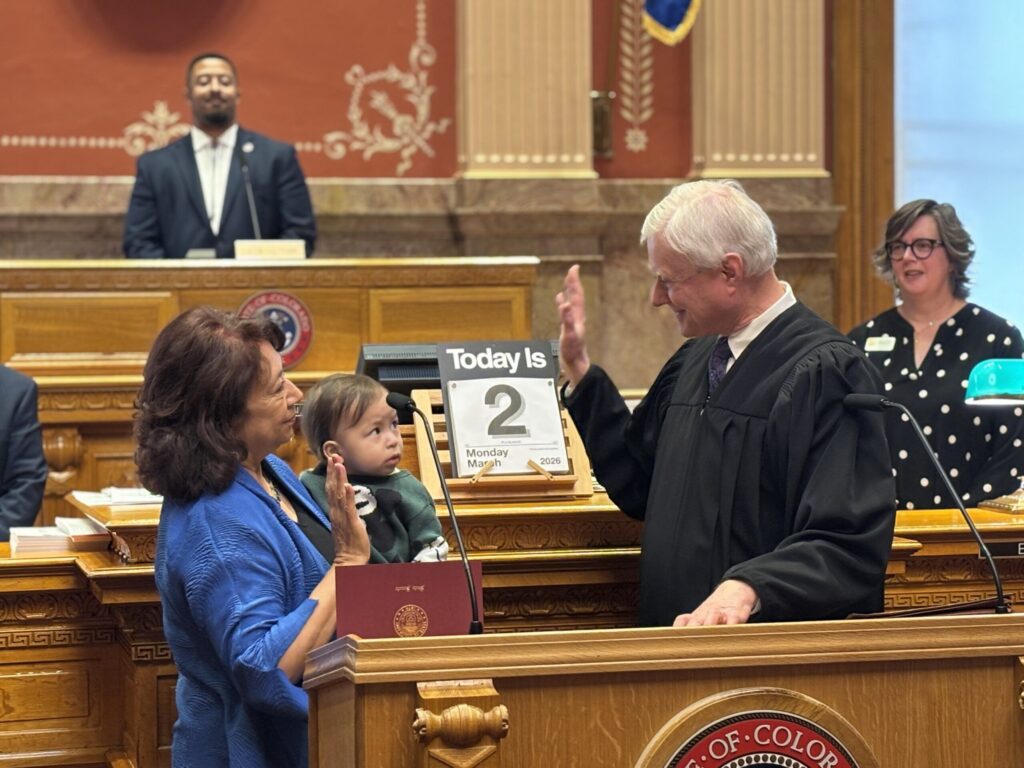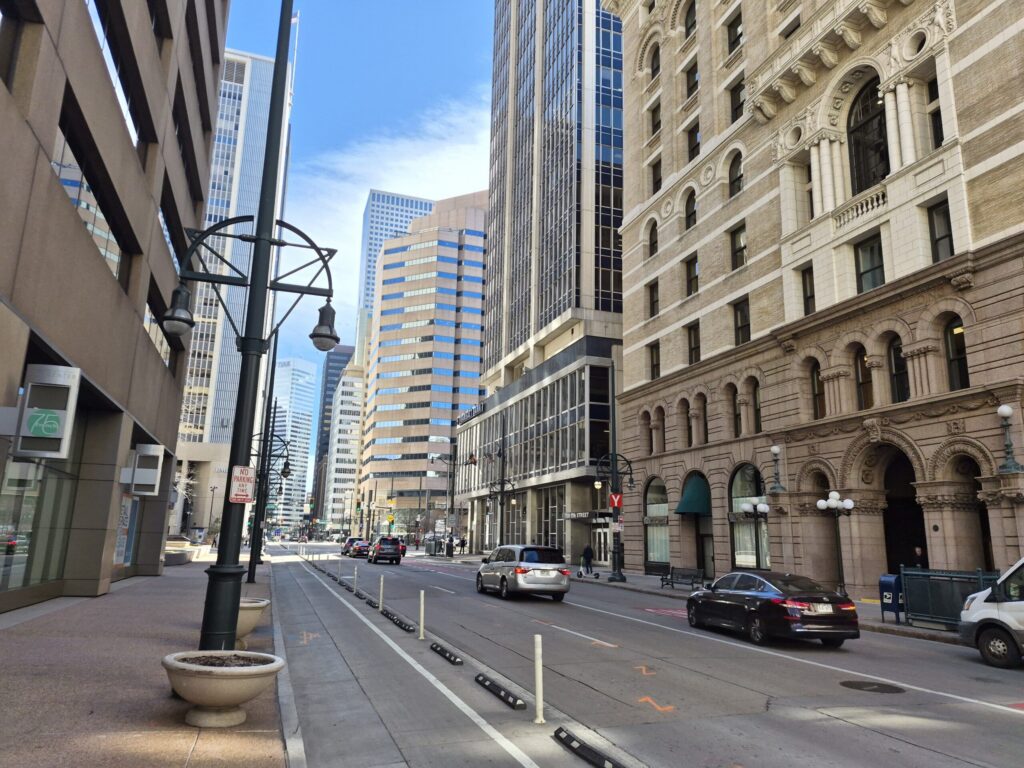‘I’m living proof’: Denver homeless man joins mayor announcing White House partnership
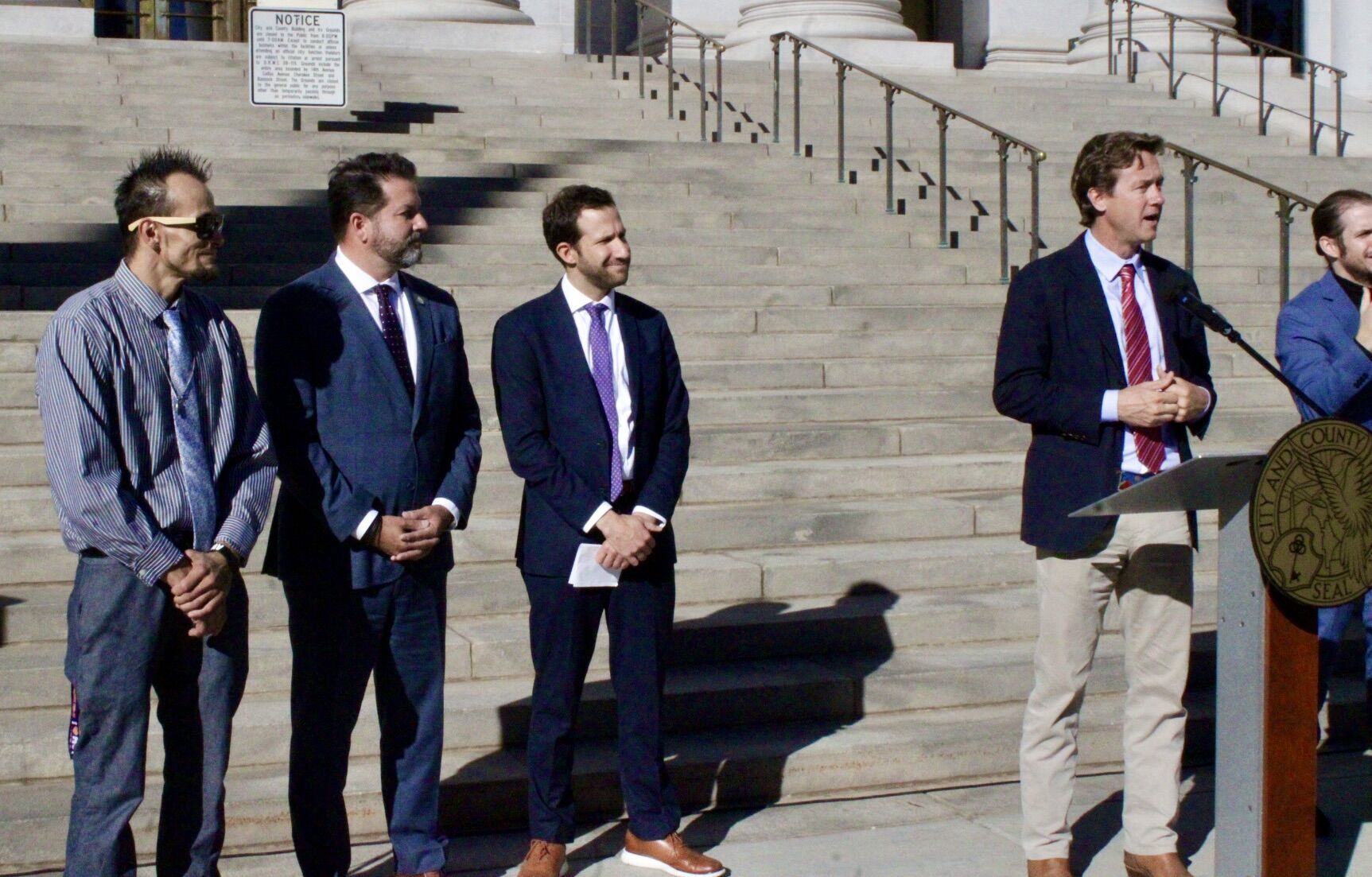
A few weeks ago, Brandon Hughes prowled the streets of Denver – until city workers cleared out the encampment at former 8th Avenue and Logan Street.
Like many others, he faced a choice: Stay in the streets or accept the services and shelter the city offered.
He chose the latter.
“I thought it couldn’t get any better when they told me that I was going to move into somewhere and I wouldn’t be staying on the streets anymore,” Hughes said at press conference city officials organized on Wednesday.
Hughes now lives at a former Best Western hotel, now a non-congregate shelter.
“I’m telling you I’m living proof,” Hughes said. “The Best Western is awesome. Staff is great and faculty is amazing.”
Recovering from homelessness, Hughes said housing has given him an opportunity to confront his drug addiction and live sober. The opportunity also put him on a path to regaining his commercial license to drive a truck.
“To see them try allowing all of us and get us all on the same bus and us willing to go was crazy,” Hughes said.
Hughes joined Mayor Mike Johnston on Wednesday, a story the city pointed when White House officials came to visit to see Denver’s “housing-first” strategy in action.
Denver also announced a partnership with the Biden administration’s ALL INside initiative – started by the U.S. Interagency Council on Homelessness and its 19 federal agencies – with a focus on housing homeless people nationwide.
The mayor’s strategy is to close homeless encampments, move people living there into shelters, provide mental health, employment and other services, and eventually get them into permanent housing.
Created in May, Denver is ALL INside’s seventh community after Chicago, Dallas, Los Angeles, Phoenix, Seattle and the entire state of California.
“The Biden-Harris administration is embedding a federal official in each community and deploying dedicated teams across the federal government to help address regulatory barriers to housing, health care, and other support for people experiencing unsheltered homelessness,” the mayor’s office said.
U.S. Interagency Council on Homelessness Executive Director Jeff Olivet and White House Special Assistant to the President for Housing and Urban Policies Chad Maisel joined Johnston and Hughes during the press conference.
“We recognize that there are big structural challenges at play when it comes to addressing homelessness,” Maisel said, citing the lack of affordable housing and zoning and land use policies that he said stand in the way of housing development. He also mentioned converting offices into housing.
“We are committed to providing the necessary supports to accelerate and really advance the solutions that the city and the mayor, and all the leaders here today are proposing,” Maisel said.
When President Joe Biden signed the American Rescue Plan act, it became the largest investment on homelessness in American history, allocating $17 billion for 2,700 homeless-focused projects in more than 900 communities. Emergency housing vouchers are also a part of the plan.
White House officials commended Johnston’s housing initiatives.
“The urgency with which you’ve tackled this problem is extraordinary,” Olivet told Johnston. “Denver offered housing, not handcuffs, to every person living in an encampment. Mayor Johnston is now showing the region and the nation that homelessness is an emergency, a public health crisis that requires collaboration and creativity.”
Johnston vowed to house 1,000 homeless people by year’s end. Hughes is one of 177 people the mayor’s initiative has helped so far, according to the city’s homeless dashboard. Assuming the city maintains its pace of transitioning homeless people out of the streets, Johnston is unlikely to house 1,000 people by Dec. 31.
Johnston said a federal liaison for homelessness in Denver will “help us partner with the federal government to figure out ways we can utilize resources, partnership services and all the efforts we are undertaking here so they describe it as kind of barrier-busting opportunities.”
“We think this is a tremendous opportunity for us to partner with their work to accelerate our efforts here on the ground in Denver,” he said.
Out of all Colorado cities, Denver saw the biggest increase in raw numbers with 5,818 homeless people, up from 4,794 last year.
The seven-county metro Denver region experienced a 32% jump in homelessness this year, based on the Metro Denver Homeless Initiative count. Point-in-time counts are estimates taken on a single day. Many believe it undercounts the true scale of homelessness in a community.
As of Jan. 30, the region had 9,065 homeless people, compared to 6,884 the year before.
Between 2022 and 2023, the number of “unsheltered” people – those who specifically sleep in public places, such as on the street, in tents or in cars – grew by 33%, from 2,078 to 2,763.
Among the homeless in Denver, 40% are employed, Johnston earlier said.



